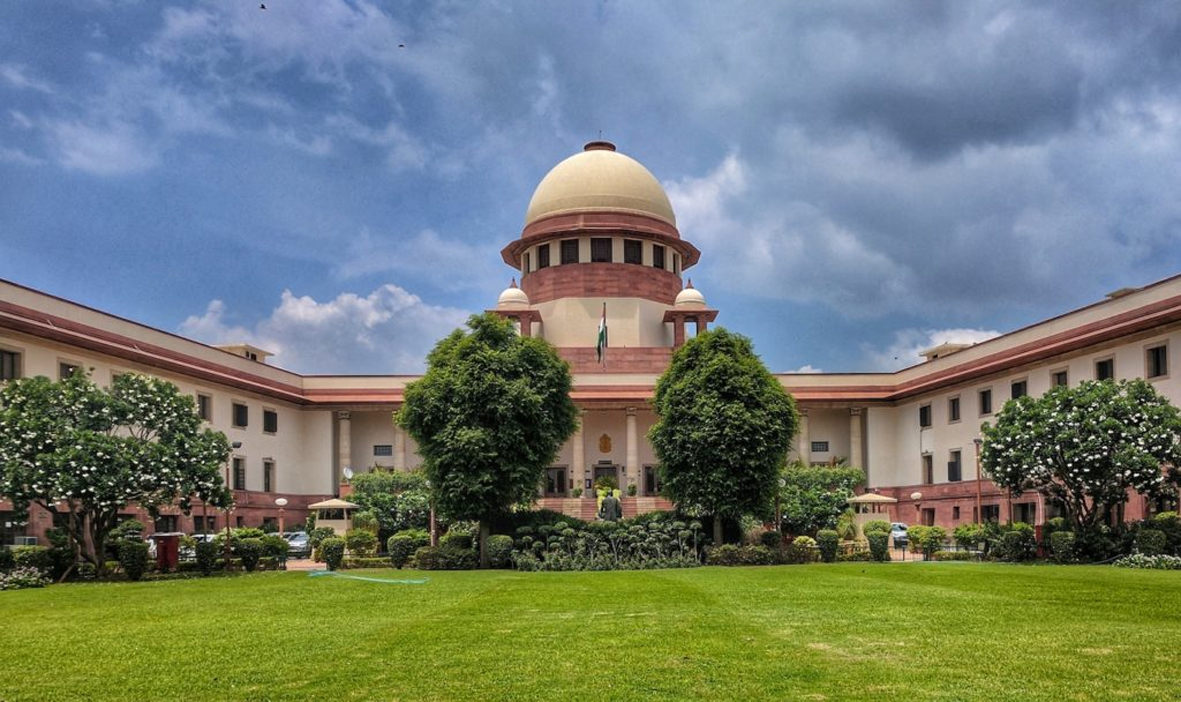NEW DELHI, Oct 28: A public authority possesses power only to use it for public good and this imposes a solemn duty on the State to act impartially and to adopt a procedure of allotment of licence which is “fair play in action”, the Supreme Court has said.
The apex court observed this while dismissing the appeals against the August 2015 verdict of the Punjab and Haryana High Court which said that policy adopted by the authorities in Haryana for grant of licence for development of a group housing colony under the final development plan of Gurgaon-Manesar urban complex for 2025 on the principle of first come first serve (FCFS) basis cannot be held to be fair.
The top court noted that the undisputed facts which have emerged from the record are that the October 2010 public notice, the final development plan of May 2011 and policy instructions regarding receipt and validity of applications nowhere prescribed that method of allotment of licence shall be on the FCFS basis.
“Although this factor cannot be ruled out that those who are interested parties, they were aware of this so-called alleged practice of first come first serve adopted in the office of the State respondent and that was the reason for which even before the public notice dated October 1, 2010 came to be published on October 4, 2010, people start running for submitting their applications as if they are participating in the mad race..,” a bench of Justices Ajay Rastogi and A S Oka said.
The apex court delivered the judgement on the appeals including those filed by some applicants, whose grant of licence was cancelled by the high court.
In its 27-page verdict, the bench said there was a “fundamental flaw” in the state’s policy of FCFS basis as it involves an element of pure chance or accident and it indeed has inherent inbuilt implications and this factor cannot be ruled out that any person who has an “access to the power corridors” will be made available with an information from government records.
It noted that before there could be a public notice accessible to the people at large, the interested person may submit his application, as happened in this case, and become entitled to stand first in queue to have a better claim.
The apex court said it is the solemn duty of the State to ensure that a non-discriminatory method is adopted, whether it is for distribution or allotment of licence on his own land or alienation of property and it is imperative and of paramount consideration that “every action of the State should always be in public interest”. (PTI)


